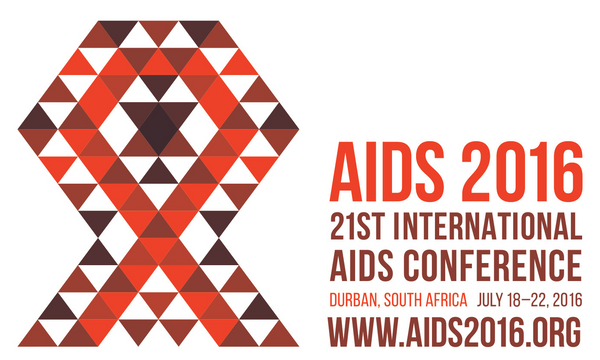AIDS 2016: A changing world
By Paul Hebden
That was the consensus among panellists at the Adapt or Fall symposium, convened by the Alliance at theInternational AIDS Conference in Durban this week. The debate followed several of the fault lines that mark the civil society response to HIV and are forcing many within the movement, including the Alliance, to change.
The seminar examined the legitimacy of civil society actors within the HIV response, and the risk of ‘blurring’ between state actors and NGOs. It also looked at the contrast between INGOs, and their heavy footprint at international diplomatic fora, and those from the activist end of the civil society spectrum, whose vivid demand thatUN Secretary General Ban Ki Moon meet them in a Durban street went unheeded earlier this week.
Whilst acknowledging the barriers that prevent the passion of the street being heard in forums like the UN, Christine Stegling, the Alliance’s Executive Director, cautioned against civil society evacuating those formal corridors of power. Neither should we ignore the agency of a new generation of advocates for whom AIDS has been ever present and who speak with complete legitimacy in those fora, she said.
George Ayala, Executive Director of the Global Forum on MSM and HIV, said he saw no shame in engaging with processes like the recent UN High Level Meeting on Ending AIDS, even if only to highlight how they fail toactively include key population groups.
Click here to read the full article.
Keep up-to-date with drug policy developments by subscribing to the IDPC Monthly Alert.
Thumbnail: AIDS 2016 Logo
Regions
Related Profiles
- Joint United Nations Programme on HIV and AIDS (UNAIDS)
